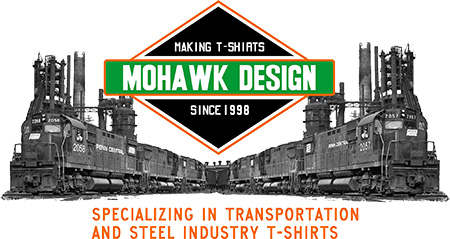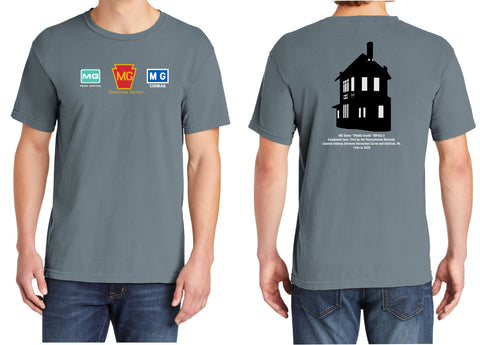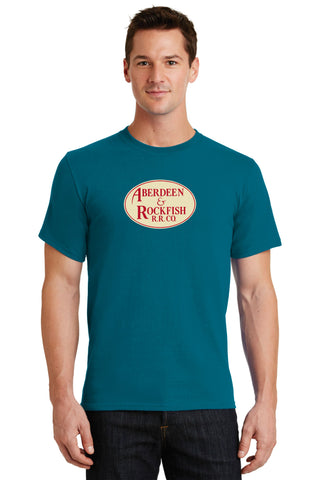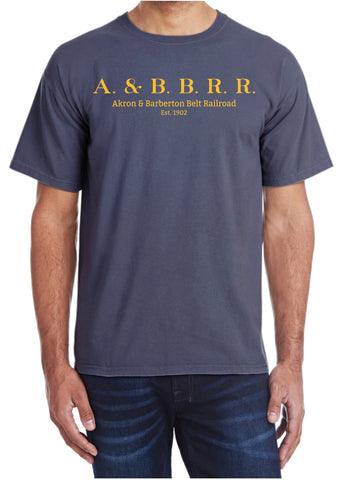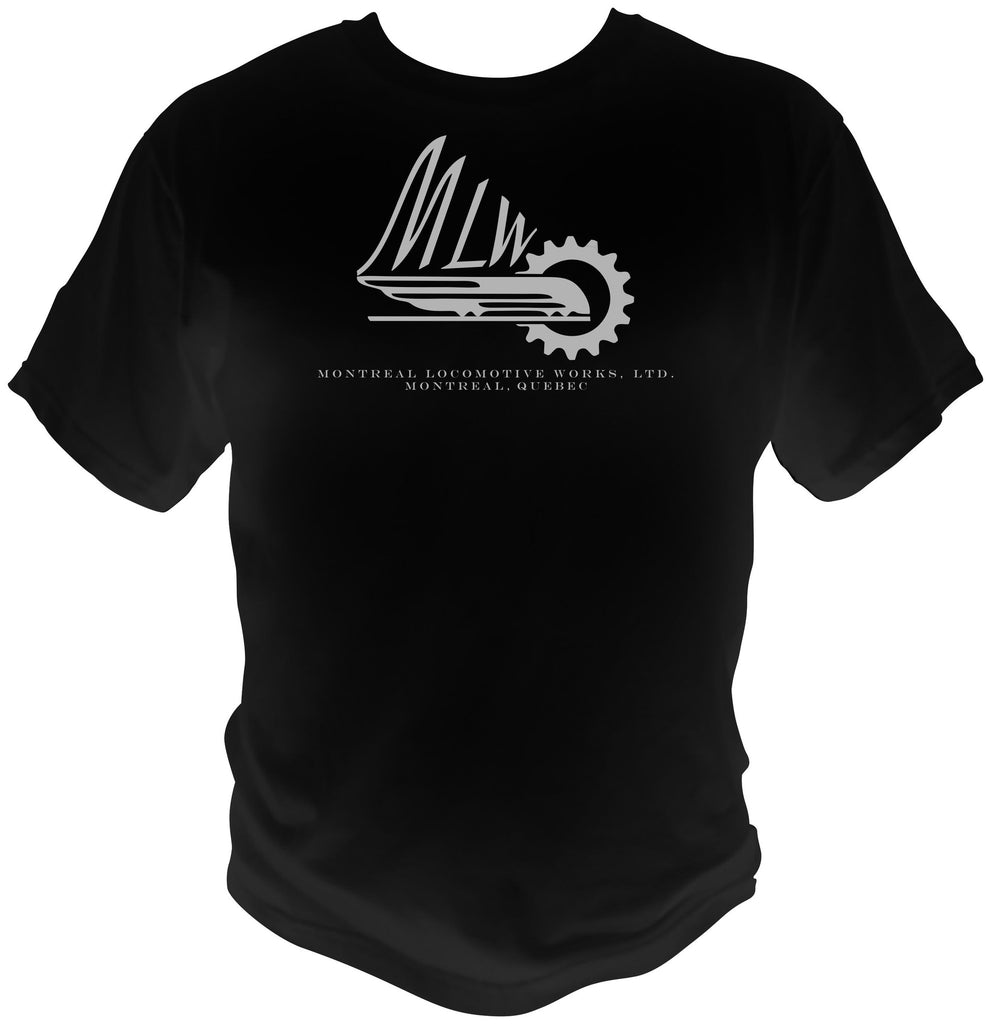
Montreal Locomotive Works, LTD. Shirt
Montreal Locomotive Works, LTD. Shirt
- Logo Printed on Front
- 100% Cotton
- Shirt Color - Montreal Black
Montreal Locomotive Works (MLW) was a Canadian railway locomotive manufacturer which existed under several names from 1883 to 1985, producing both steam and diesel locomotives. For a number of years it was a subsidiary of the American Locomotive Company. MLW's headquarters and manufacturing facilities were located in Montreal, Quebec.In 1901, the American Locomotive Company (Alco) headquartered in Schenectady, New York, was formed by the merger of several struggling locomotive manufacturers. Alco purchased the Locomotive & Machine Company of Montreal in 1904 to tap into the Canadian market with its emerging designs. The Montreal subsidiary was renamed Montreal Locomotive Works (MLW) several years later.
MLW became an exclusive Alco design shop and acquired a substantial portion of the Canadian steam locomotive market. The period of railway expansion between 1900 and 1915 was unprecedented in Canada, with many new orders for locomotives from various domestic manufacturers. Protective customs tariffs also discouraged Canadian railways from purchasing American-built locomotives for use in Canada. Several bankrupt private systems, including the Grand Trunk and Canadian Northern, were nationalized in the years 1918–22. Merged with the federally owned Intercolonial, they formed the federal Crown corporation Canadian National Railways. The federal government mandated that the new, larger public company purchase locomotives from all Canadian manufacturers to discourage domination of the market by any one manufacturer.
Between 1918 and the period after World War II, Canadian National modernized its steam locomotive fleet by replacing many of the units it received from its constituent railways. MLW was a major beneficiary of these purchases, along with the Canadian Locomotive Company of Kingston, Ontario. MLW grew substantially during the Second World War when its plant facilities were converted primarily to fabricating matériel for the Commonwealth/Allied war effort (largely by a female workforce), including the Ram tank and the Sexton self-propelled gun
